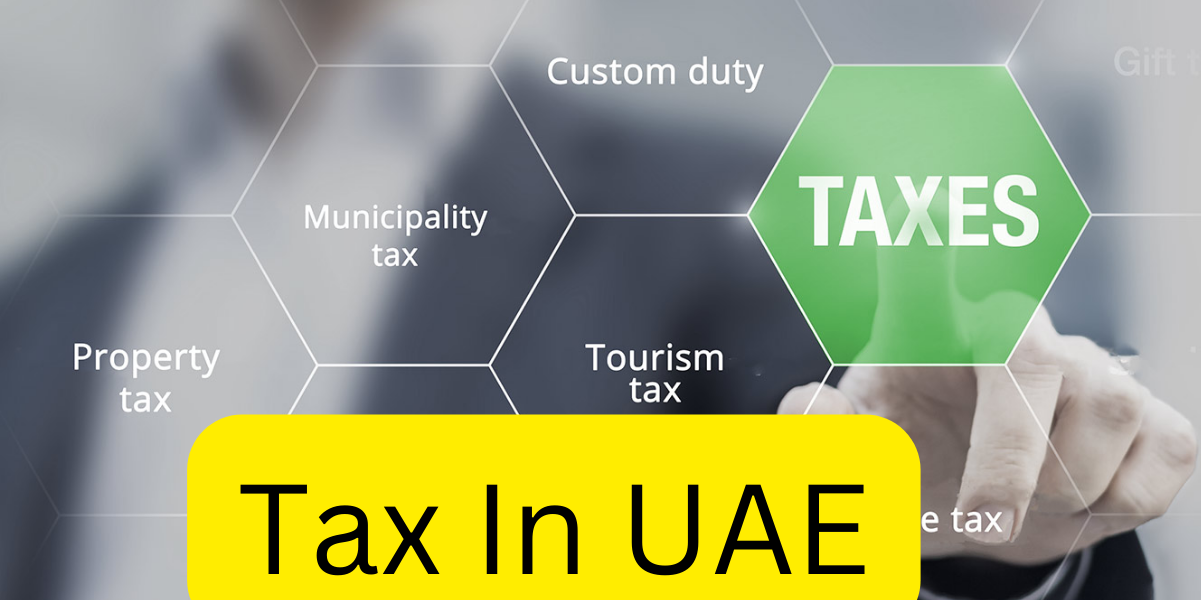Tax Advice Spain

Tax Advice Spain is a big part of any business. From calculating your income to filing your taxes, it can be a daunting task. That’s where the help of a professional comes in. There are several different types of professionals who can offer tax advice, and each one has its own strengths and weaknesses. So if you’re looking for expert help with your taxes, consider speaking to one of these professionals. Here are four tips to get started:
The Basics of Tax Advice Spain
In Spain, taxation is handled by the Spanish Tax Agency (Agencia Tributaria). Taxes in Spain are split into two categories: direct taxes and indirect taxes. Direct taxes are levied by the Spanish Tax Agency directly onto taxpayers, while indirect taxes are collected by businesses and charged to their customers.
There are a number of different types of tax including value-added tax (IVA), corporation tax, and income tax. In addition to these main taxes, there are also specific taxes levied on specific goods or services.
Value-added tax is a tax that applies to most goods and services sold in Spain. It is calculated as a percentage of the final selling price of the good or service. The maximum rate that can be charged is 28%. Corporation tax in Spain is a tax that applies to companies that have an annual revenue of over €50 million.
The rate at which this tax is levied ranges from 19% to 30%. Income tax in Spain is imposed at different rates depending on your income level. The lowest rate that applies to individuals is 15%, while the top rate for individuals who earn over €320,000 per year is 42%.Tax Advice Spain
Taxpayers in Spain
Thanks to the recent economic crisis, taxpayers in Spain are facing increased tax bills. The IRS has issued new guidance on how to account for current economic conditions when assessing taxes owed.
Taxpayers who earn income from wages, salaries, tips, or commissions should calculate their taxable income using the W-2 form and applicable tax rates. For taxpayers with investments, such as stocks and bonds, consult with an accountant to determine your taxable gain or loss.
If you are self-employed in Spain, you must also file Form 1040ES (the Self-Employment Tax Return). This form is used to report your income from self-employment and pay self-employment Tax Advice Spain. You will also need to provide information about your business, such as its name and address. If you are a resident of Spain but work outside of the country, you may be required to report your earnings on a Form 1099-MISC (Miscellaneous Income).
In addition to paying taxes on income earned in Spain, residents must also include any foreign source income in their calculations. This includes any money you earn from working abroad as well as any inheritance or gift income received from someone living outside of Spain.
To ensure that you are paying the right amount of tax each year, it is important to keep accurate records of all your financial transactions. If you have questions about how your taxes were calculated or if you think you may owe money in back taxes, don’t hesitate to contact an experienced tax
Types of Tax Advice Spain
In Spain, there are three main taxes that individuals and businesses must pay: income tax, value-added tax (VAT), and corporate tax. In addition, there are a number of other taxes that may be applicable to a certain situation or sector of the economy.
There are several different types of income Tax Advice Spain, including an individual income tax, a personal income tax on dividends and interest, and a social security contribution tax. All three types of income tax are progressive, meaning that they get higher as your income increases.

The maximum marginal rate for an individual is 52% and the combined total maximum marginal rate for all three types of taxes is 75%. There is also a solidarity exemption available which reduces the total amount that you have to pay in each case by 25%.
The main type of taxation that businesses must pay in Spain is VAT. There are two main types of VAT in Spain: value-added tax (VAT) on goods and services and customs duty. Value-added tax (VAT) is a mandatory 18% tax that applies to most goods and services bought within the country, with some limited exceptions. Customs duty is a 0%, 15%, or 25% levy payable on imported goods at the time of importation.
There are also other taxes that may be applicable in specific situations or sectors of the economy. For example, companies with more than 250 employees must pay a social security contribution (CSIP) levy worth 8.33% of
How To Pay Your Taxes in Spain
In Spain, taxpayers must submit their Tax Advice Spain returns by the due date (31 January) in order to have their taxes calculated and paid. Taxpayers who are not registered for an e-file system can submit their tax returns on paper. Taxpayers must also submit a payment request form (Anexo III de la Declaración Anual de Impuestos), which is available online or at the local tax office. Payments can be made in cash, check, or money order.
Taxpayers who are required to file a 2018 income tax In Spain return should start preparing their return as early as possible in order to get it submitted on time. There are several ways to reduce the amount of taxes you will owe and receive valuable tax advice from qualified professionals. The most important thing is to consult with a qualified professional if you have any questions about your income tax situation or how to file your return.
The Spanish Tax system
The Spanish tax system is a complex one, with different taxes levied at different stages of a person’s life. Inheritance taxes are particularly important in Spain, as are the value-added tax (VAT) and the corporate income tax (CIT).
There are three main types of taxation in Spain: income tax, consumption tax and value-added tax. Income tax is levied on personal income, while consumption taxes are levied on goods and services consumed. The VAT is a 23% tax that is added to the price of goods and services. The corporate income tax (CIT) is a 30% tax that is charged on profits made by businesses registered in Spain.
Practicalities of Taxation in Spain
Spain is a member of the European Union and has adopted the euro as its currency. The country has a market-based mixed economy. Taxation in Spain is based on a progressive tax system with a high rate of social security contributions and income tax. Capital gains are taxed at 20%. The standard deduction for both individuals and businesses is €12,500 (2018).
There are three types of taxes in Spain: income tax, social security contributions, and value-added tax (VAT). Income tax is levied at progressive rates from 10% to 45%, with a maximum marginal rate of 45%. Social security contributions are levied at graduated rates up to 48%. VAT is 24%. There are also specific taxes on property, inheritance, tobacco products, and alcoholic beverages.
When filing your annual income tax return, you must provide information about your employment status, wages, tips, etc. If you are self-employed or work in an occupation that does not fall within one of the categories listed below (e.g., agricultural workers), then you must report all your income. You must also include any deductions you have made such as charitable donations.
The deadline for filing an annual income tax return is April 15th following the calendar year in which your income was earned. Late filings may result in penalties and interest charges. If you have foreign bank accounts or investments, you must report these assets on your annual income tax return.
Contact Us: +34633888618
Mail: [email protected]
Website: https://garciadececa.com/
computer repair near me
Apple MacBook Repair Service
Laptop Hardware Repairs





